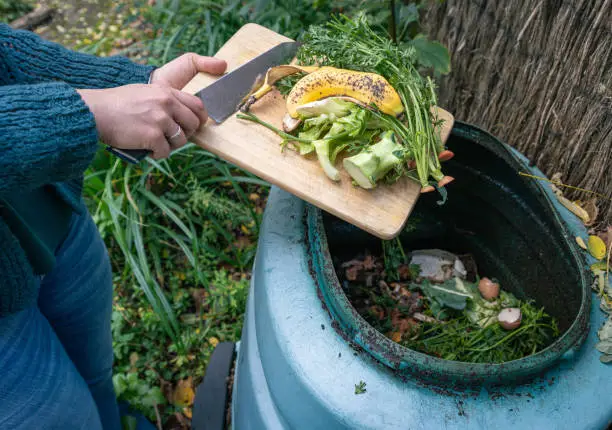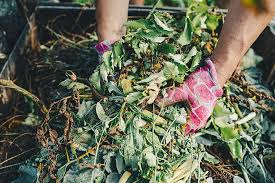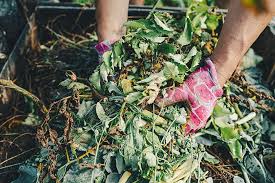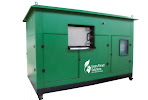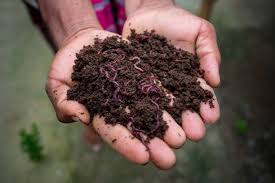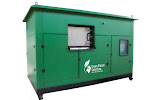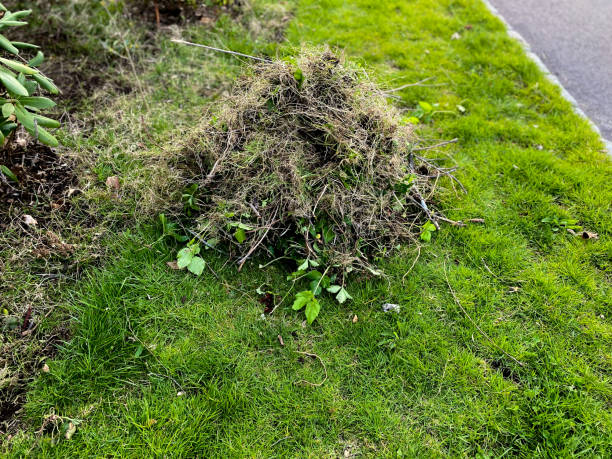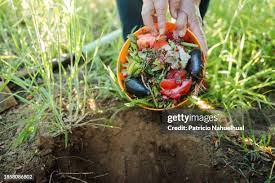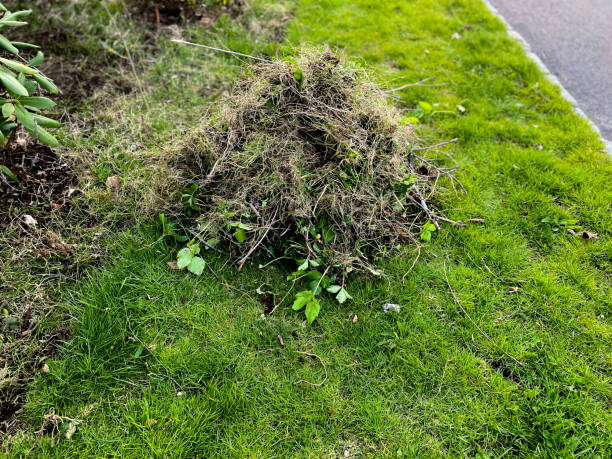ENQUIRE NOWFOR BEST COMPOSTING MACHINES IN INDIA – https://share.hsforms.com/1d12AT_oJScm8iiXbjSrEIwrh2r7
Dubai is racing toward an ambitious environmental goal—Dubai’s Zero-Waste 2041 Mission. As the city battles rising food waste, overflowing landfills, and tightening sustainability regulations, one powerful solution is emerging at the centre of this transformation: composting.
Today, businesses, hotels, restaurants, housing communities, and municipalities are asking one question—
Is Composting the key to Dubai’s Zero-Waste 2041 Mission?
The answer is a resounding YES—and this article reveals why.
🌍 Understanding Dubai’s Zero-Waste 2041 Mission
Dubai has committed to cutting 90% of waste sent to landfills by 2041, driven by:
- explosive food waste generation,
- rising waste treatment costs,
- new municipal compliance requirements,
- a push for a circular economy.
To achieve this, the city needs scalable, fast, decentralised waste solutions—and composting fits perfectly.
♻️ Why Composting Is the Core Pillar of the Zero-Waste 2041 Strategy
1. Composting Reduces Landfill Burden by 40–60%
Food waste forms the largest share of Dubai’s municipal waste.
On-site composting eliminates transportation, reduces emissions, and diverts waste instantly.
2. Helps Hotels & Restaurants Comply With Dubai Municipality Norms
Hotels in Dubai produce 3–5 tons of food waste daily.
New circular economy guidelines are pushing businesses to adopt on-site composting machines.
3. Supports Dubai’s Vision for Local Organic Fertilizer Production
Composting converts waste into:
- nutrient-rich compost,
- soil conditioners,
- landscaping fertilizers—
all of which Dubai needs for its parks, resorts, golf clubs, and urban greenery.
4. Composting Reduces Carbon Emissions
Dubai aims to reduce national emissions by 40%.
By preventing methane release from landfills, composting directly supports this goal.
5. Accelerates the Move Toward Smart, Decentralized Waste Management
Dubai wants fast, autonomous, tech-driven systems.
Modern high-speed composters offer:
- IoT monitoring
- zero-odor processing
- 24-hour composting cycles
- AI-based waste analytics
Perfect for a smart city like Dubai.
ENQUIRE NOWFOR BEST COMPOSTING MACHINES IN INDIA – https://share.hsforms.com/1d12AT_oJScm8iiXbjSrEIwrh2r7
💼 Why Dubai Businesses Are Adopting Composting in 2025
Hotels & Resorts
Massive food waste + sustainability audits → composting is now essential.
Restaurants & Cloud Kitchens
They are switching to compact 24-hour composters to cut waste bills.
Housing Communities & Developers
Real estate companies are adding composting machines in:
- villas
- residential towers
- community centres
to reduce waste management costs.
Supermarkets & Food Processing Units
They are forced to manage organic waste at the source.
🚀 How High-Speed Composting Machines Enable Zero-Waste Efficiency
(A sales-driven section for Green Planet Solutions Pune)
At Green Planet Solutions Pune, our advanced composting systems help Dubai businesses:
- Compost in 24 hours
- Reduce waste hauling costs by 50–70%
- Produce high-quality fertilizer
- Meet sustainability & ESG goals
- Avoid fines and non-compliance
- Improve brand reputation with eco-conscious customers
Our machines are built for:
- hotels
- restaurants
- corporate offices
- malls
- housing societies
- food industries
- government institutions
- ENQUIRE NOWFOR BEST COMPOSTING MACHINES IN INDIA – https://share.hsforms.com/1d12AT_oJScm8iiXbjSrEIwrh2r7
🌱 Is Composting Truly the Key to Dubai’s Zero-Waste 2041 Mission?
Yes — Because Without Composting, Dubai Cannot Reach Its Targets.
Composting brings together everything Dubai needs:
✔ landfill reduction
✔ sustainability
✔ compliance
✔ cost savings
✔ circular economy
✔ carbon reduction
No other solution delivers this combination.

If you are a hotel, restaurant, developer, or business in Dubai, the time to act is NOW.
Accelerate your sustainability journey with Green Planet Solutions Pune’s high-speed composting machines.
📩 Contact us to get a customized waste-to-fertilizer solution for your Dubai facility.
🌍 Let’s build a Zero-Waste Dubai—together.
#DubaiWasteManagement #ZeroWasteDubai2041 #CompostingDubai #FoodWasteUAE #SustainabilityDubai #GreenPlanetSolutions #CompostingMachineDubai #CircularEconomyUAE #OrganicWasteSolutions #EcoFriendlyDubai #GreenHotelsDubai #UAEClimateGoals #SmartWasteManagement
